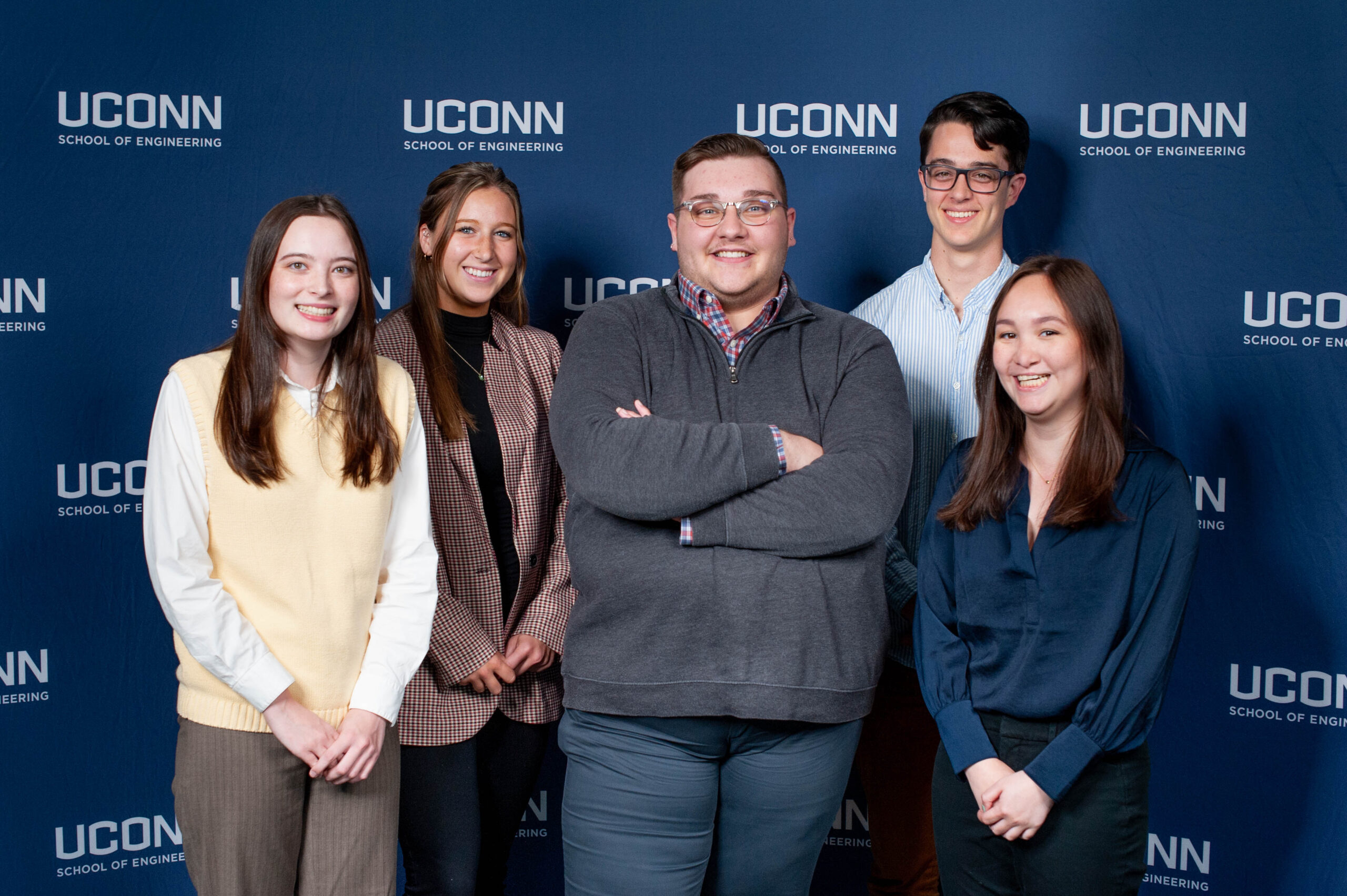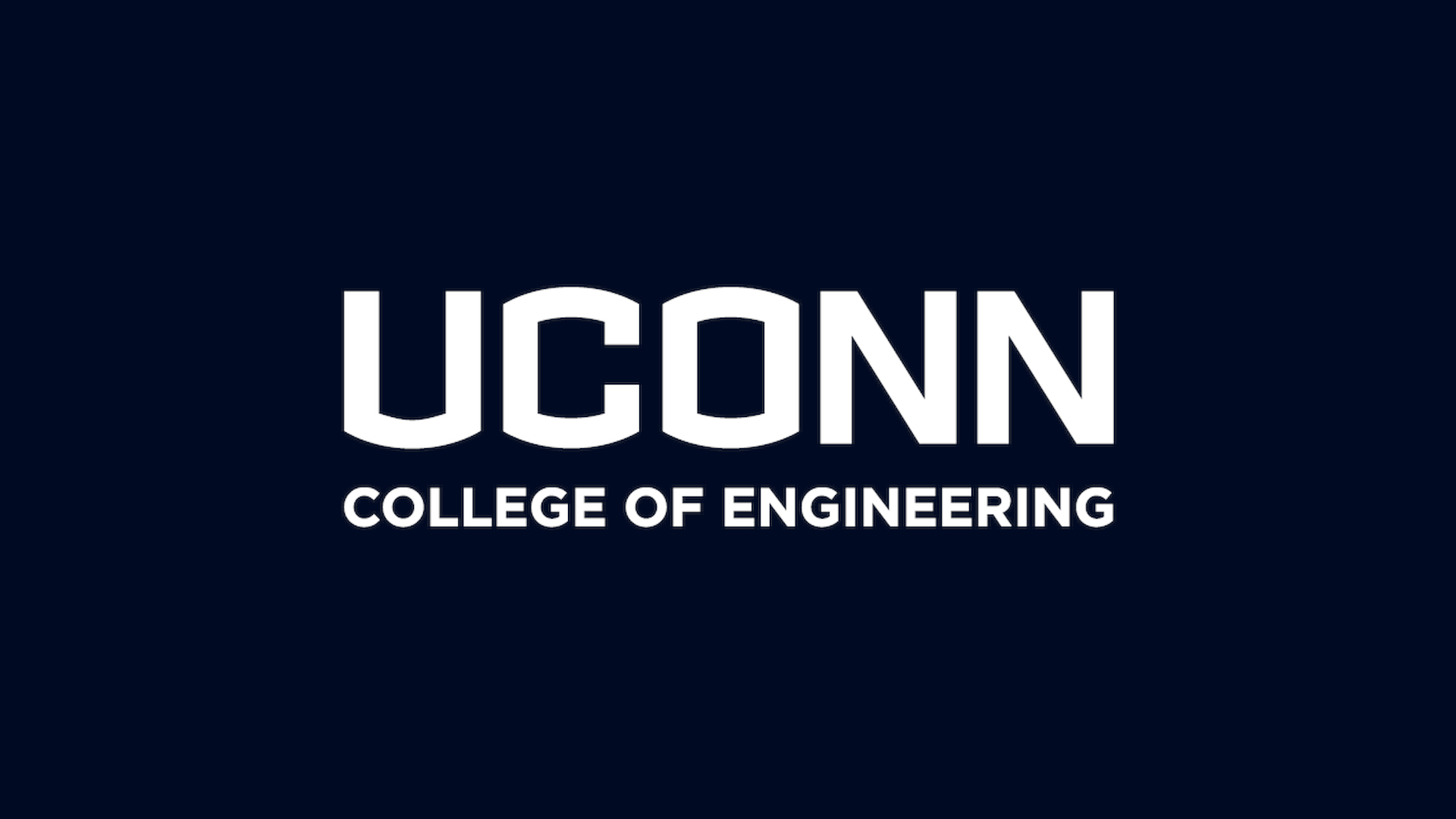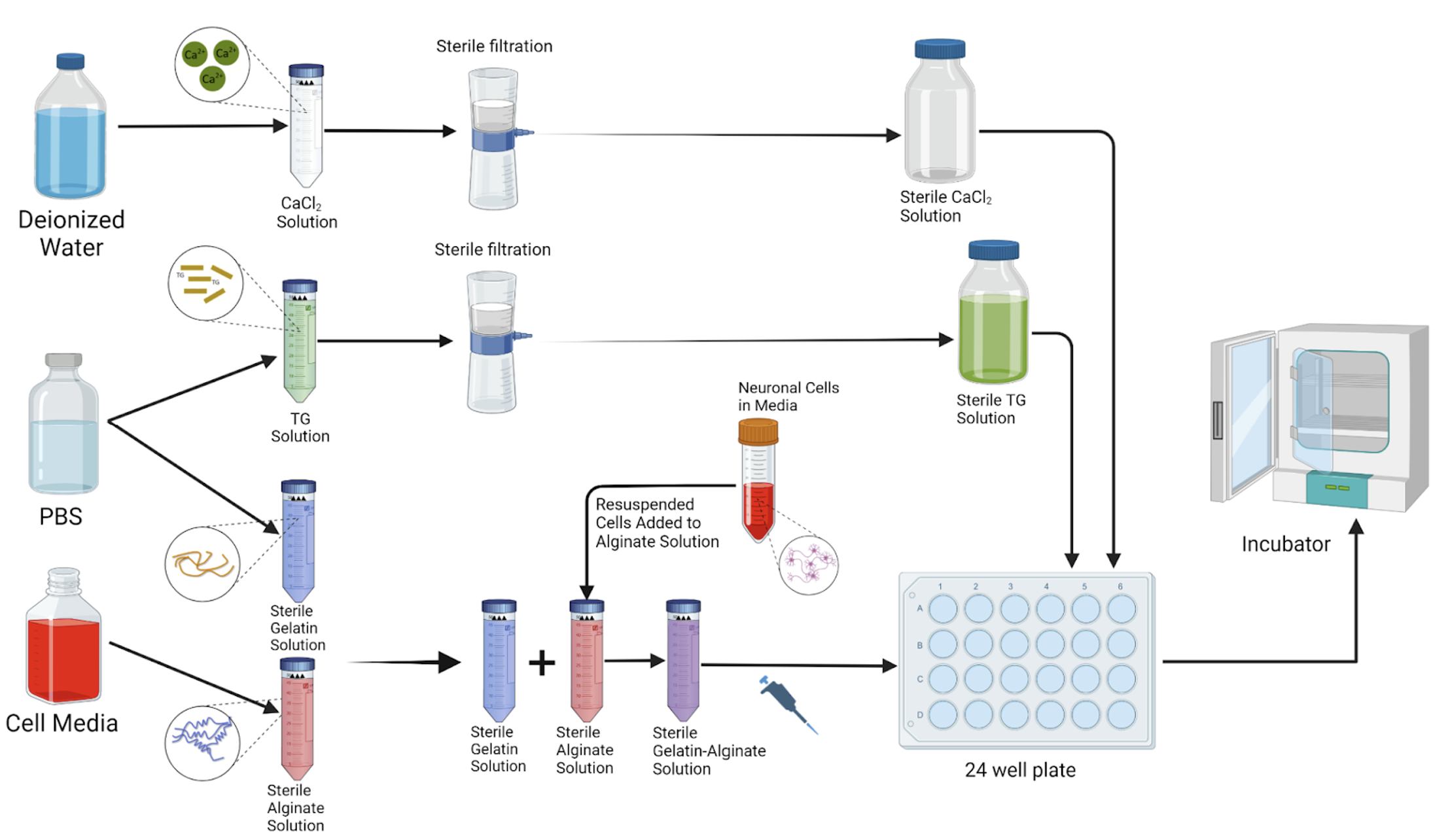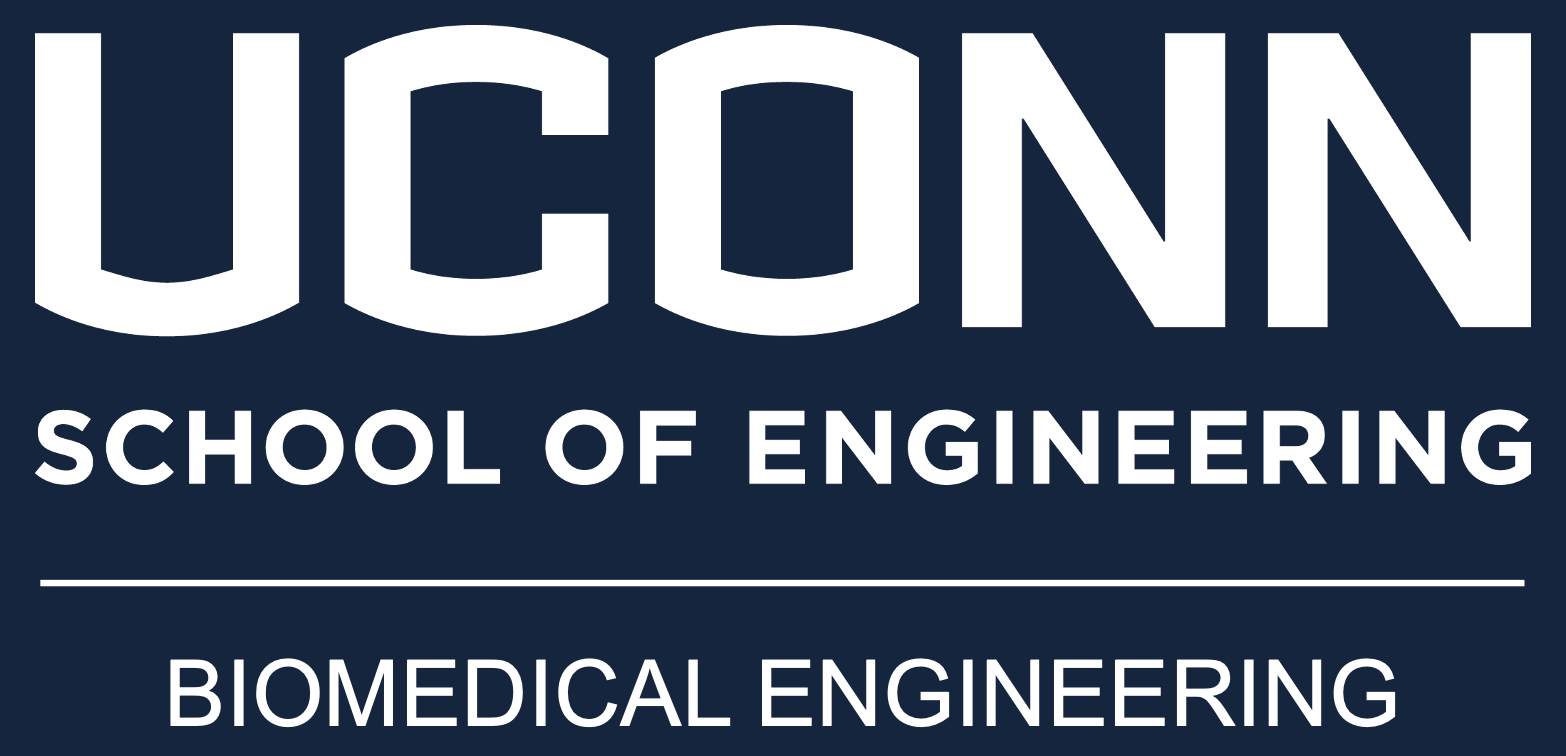

This video contains proprietary information and cannot be shared publicly at this time.
Figure 1

Team 8
Team Members |
Faculty Advisor |
Trystin Cote |
Fayekah Assanah Sponsor UConn Biomedical Engineering Department |
sponsored by

Neuronal Cell Viability in Soft Hydrogels for Modeling Traumatic Brain Injury
Traumatic brain injury (TBI) occurs as the result of an external physical force to the head, which produces brain damage. The brain’s pathological response to this injury is categorized into the primary injury, which refers to the damage that occurs at the time of the initial impact, and the secondary injury, which consists of damage that is developed afterwards. While there are treatments for secondary injury, there are currently no treatments for primary injury, which results in less effective care and worse patient outcomes. This is mainly due to a lack of understanding of the pathology of TBI at the cellular level, namely how cells respond to sudden blunt force trauma. As such, this project aims to develop a protocol for the fabrication of a hydrogel with encapsulated neurons that mimics the brain’s natural in vivo environment, thus enabling it to be used as an in vitro model for TBI. To achieve this, a gelatin-alginate hydrogel previously designed in the lab and proven to have similar mechanical properties to brain matter will be utilized. To allow for encapsulation and growth of the neurons, the hydrogel must be biocompatible, and therefore sterile. To achieve this, sterile filtration was performed on the hydrogel constituent solutions. The viability of the encapsulated cells was then evaluated using the MTS assay, which revealed that cell viability was maintained over a 7-day period. As such, the hydrogel was confirmed to be biocompatible, giving it the potential to serve as an accurate in vitro model for investigating the pathophysiology of TBI.
